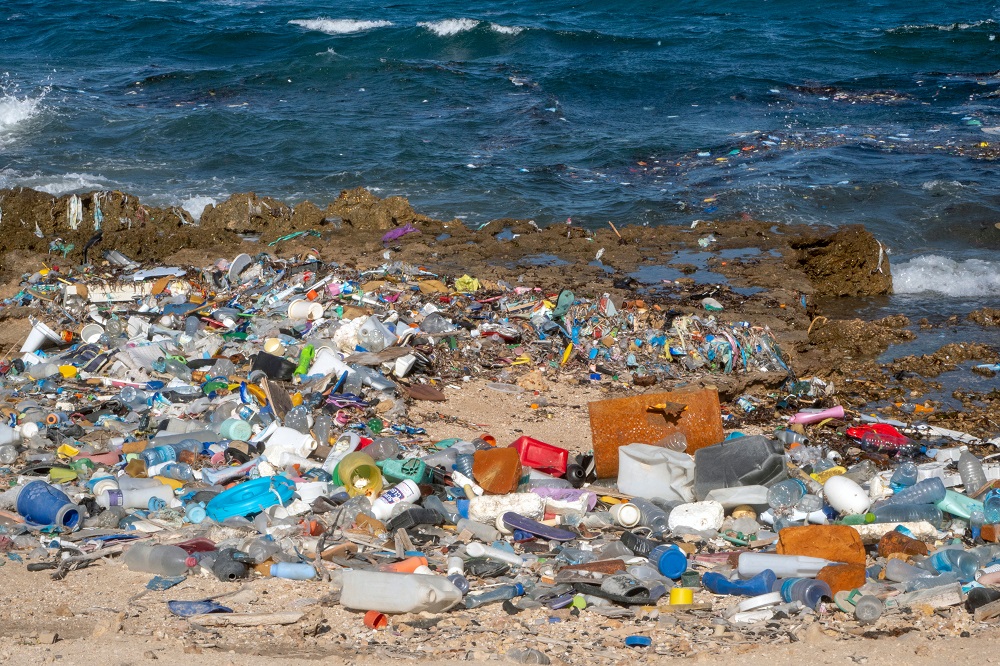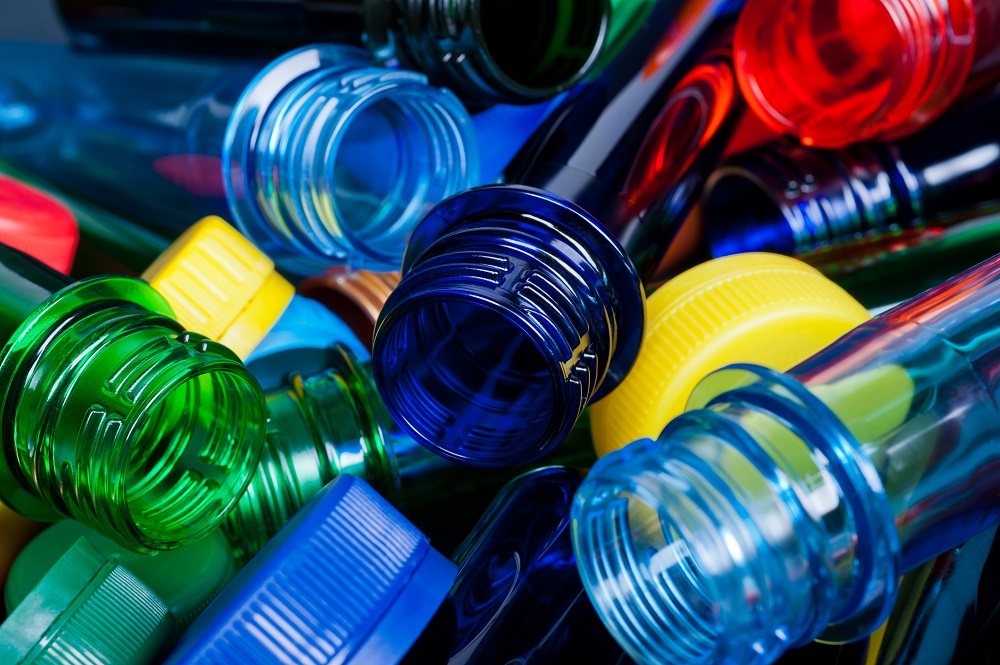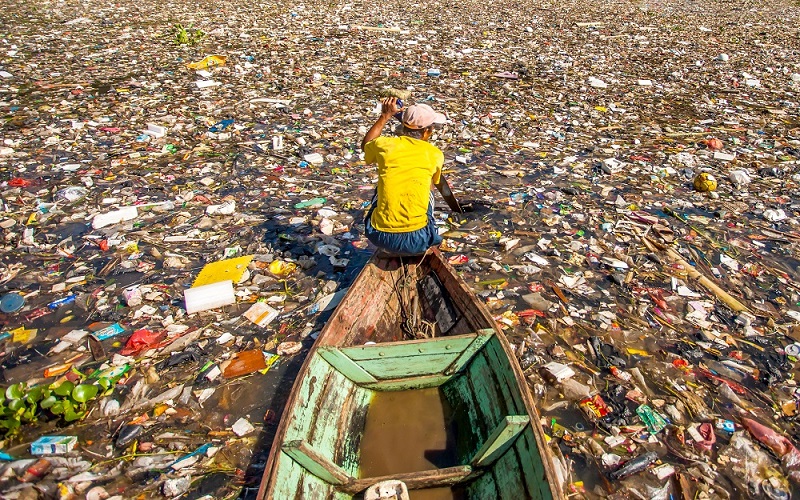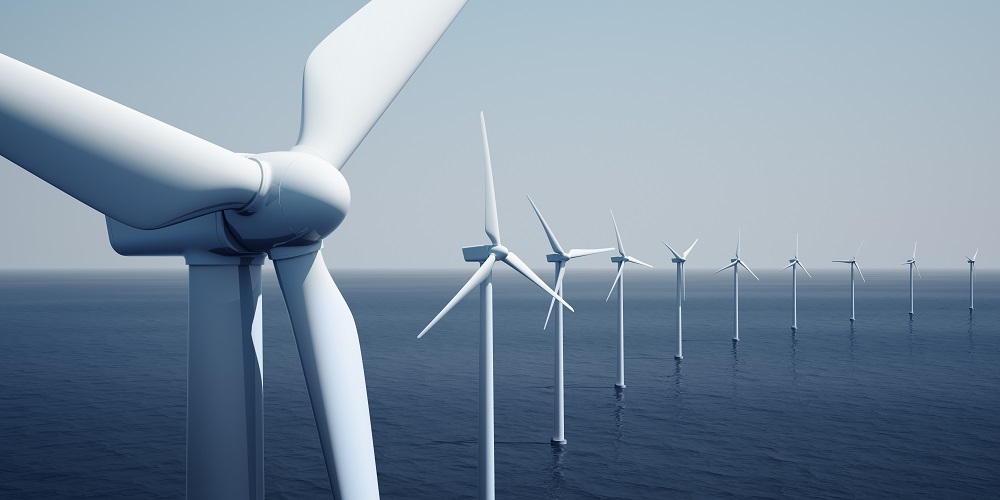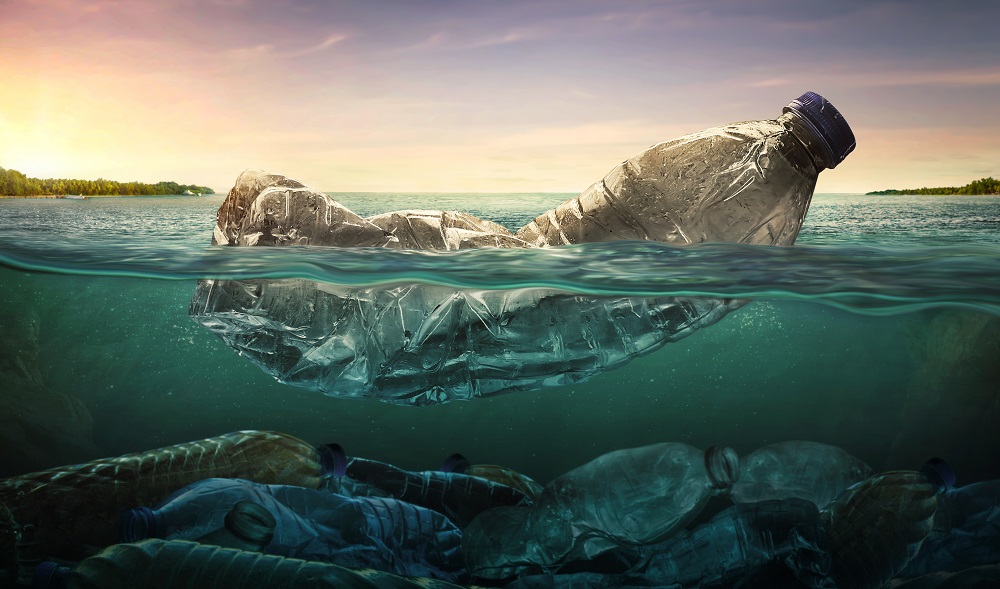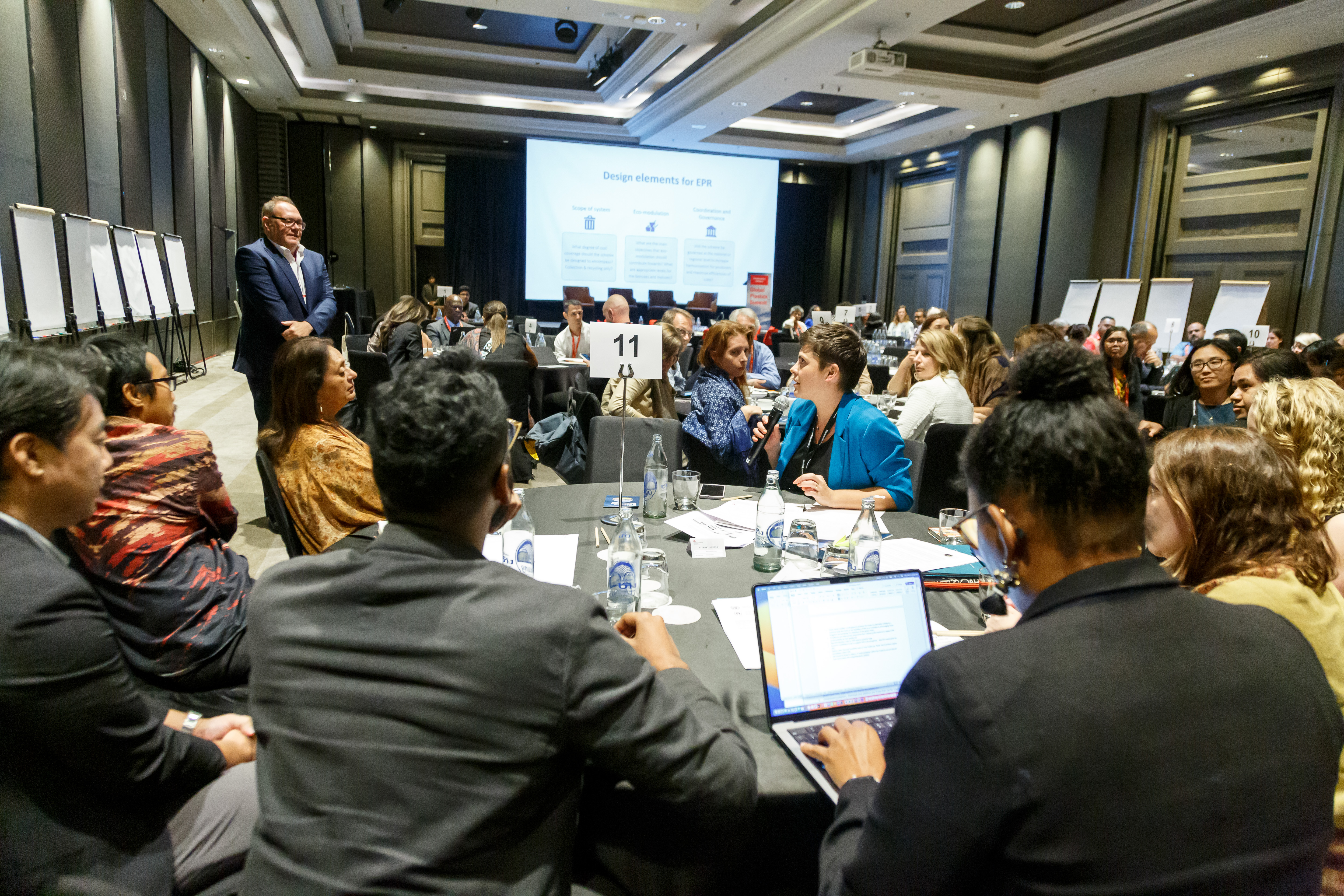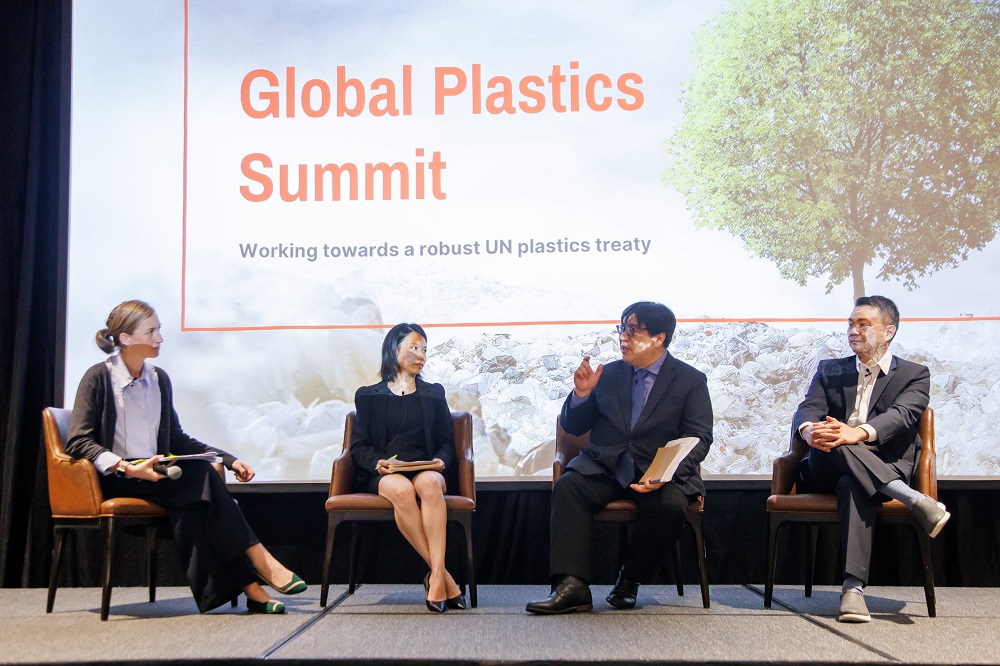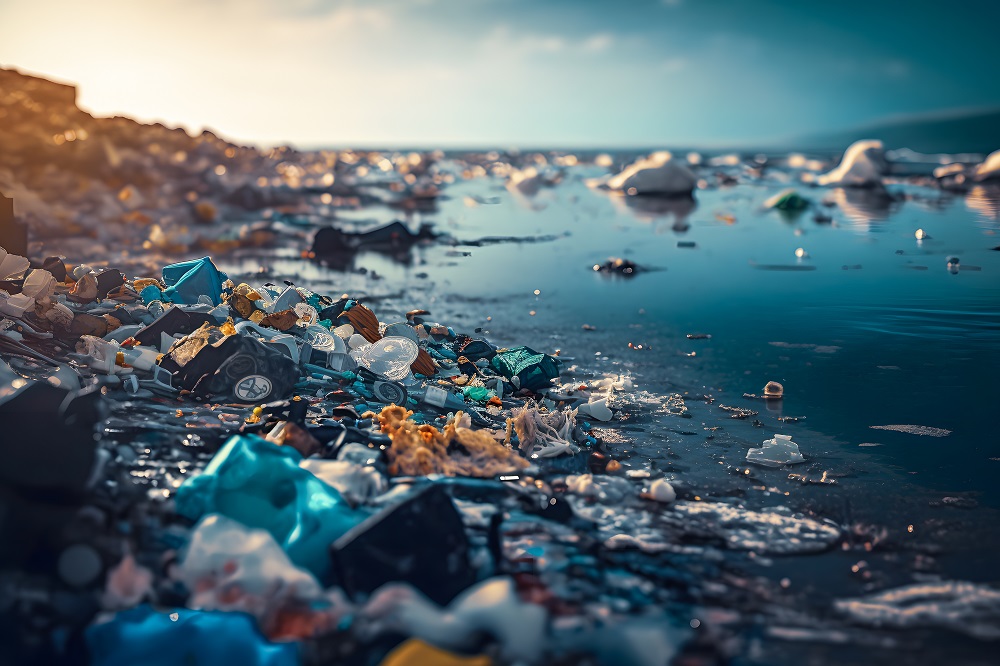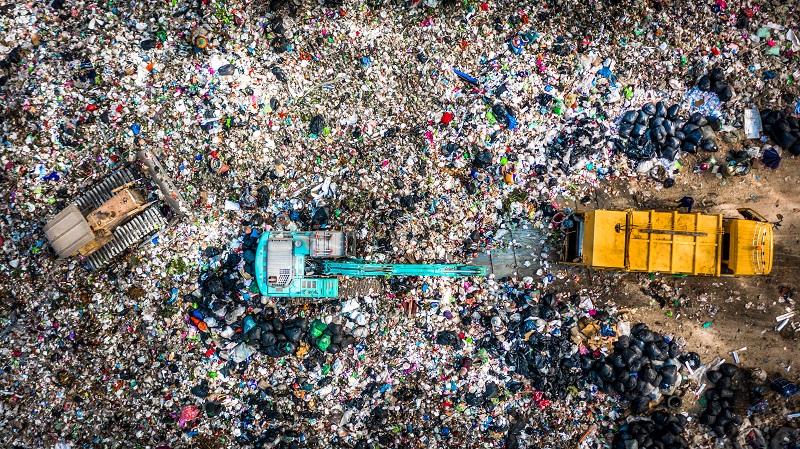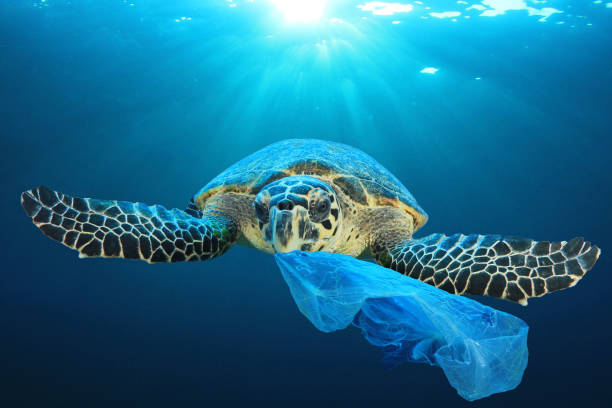CONTENT FROM

The OECD estimates that the ocean economy will be worth US$3trn by 2030. However, fewer people will be directly working upon the seas, and the type of skills sought for the ocean workforce will be radically different. This is partly due to rapid advances in technology and innovation which are reshaping the maritime industry.
The drive to build a sustainable ocean economy is spurring unprecedented innovation. Autonomous shipping is fast becoming a reality, with initiatives such as the Mayflower Autonomous Ship literally testing the waters for the potential of unmanned vessels to cross the high seas. In the growing aquaculture industry, sensor technology and machine learning are enabling core tasks such as feeding and water-quality control to be automated. And the global coronavirus pandemic of 2020 has only served to accelerate the pace of technological advance: this year, fish farms have been commissioned remotely from the other side of the world using smart glasses, while ship classification organisations have deployed drone technology to carry out ship inspections.
Skills for a sustainable ocean economy
What skills will be required for this tech-driven ocean economy of 2030? On December 14th 2020 a mix of business and sustainability leaders convened to share their views as part of the latest World Ocean Innovation Insight Hour webinar, moderated by Hal Hodson, Asia technology correspondent, The Economist. The forward-looking conversation was supported by Canada’s Ocean Supercluster, the Province of Nova Scotia, Halifax Partnership and the Creative Destruction Lab.
“The industry needs to embrace the idea that artificial intelligence and machine learning is coming, and it is going to transform the industry,” said Don Scott, chief technology officer, Mayflower Autonomous Ship.
Technology and big-data analytics are helping to reduce the cost and risk of working in the ocean environment, allowing control of operations to be transferred to onshore centres. This means traditional maritime roles will increasingly be replaced with systems engineers, programmers and data analysts, which poses challenges for the industry.
“Coastal communities globally are already some of the most vulnerable, experiencing high levels of deprivation and extreme levels of migration of the younger generation out of the area [due to a lack of] job opportunities,” warned Dr Emma McKinley, research fellow, School of Earth and Environmental Sciences, Cardiff University. “These are places already quite vulnerable to change, and if we move to autonomise everything we risk losing traditional skills and the cultural identity and heritage of some of these coastal places.”
However, she added, there is an opportunity to think of the ocean economy in a different way from the historically industry-focused perspective. “We can look at it in a more inclusive and holistic way: how we can work with communities and involve them in decisions and the development of new industries, and look for the skills gaps, and support capacity-building, training and innovation.”
Building partnerships
Dr McKinley noted that one of the reasons for a lack of acceptance of new sectors such as aquaculture is that communities have felt alienated from the decision-making process. She said it is essential to build partnerships between the community, industry and local authorities.
Other panellists agreed that addressing the lack of understanding of aquaculture and the role it plays in providing a sustainable food supply will be crucial to attracting the talent the industry needs for the future. For the technical skills it requires are the same sought by all digitising industries across the world.
“We are fishing [for talent] in the same pond as other companies. We need to compete with them and make sure the aquaculture industry and the blue economy has a strong brand and story, so they understand our purpose and mission,” said Sif Rishoej, vice-president, people, purpose and communication, BioMar.
Anne Lorgen Riise, chief human resources officer, Mowi, agreed: “Our challenge today is to stand out from the crowd. The important thing is to create a correct and compelling picture of the business. We are looking for people who have a passion for creating sustainable food, making a difference in the world and can adapt to fast-paced change.”
Upskilling
A further challenge associated with the technological revolution is that existing employees may be left behind. The panellists acknowledged that companies have a responsibility to retrain their current workforce while also bringing in new expertise.
“With the big change that is happening, we have a huge responsibility as employers to upskill our staff and use them in the best possible way to benefit the industry and the people,” said Ms Rishoej. “We want a hybrid of competences, with technical, digital and soft skills related to collaboration and cross-functional development.”
Ms Riise stated that close cooperation with academic institutions and governments will be essential if the aquaculture industry is to fulfil its task of meeting the world’s growing demand for sustainable protein. The UN’s Food and Agriculture Organisation projects that aquaculture will provide two-thirds of seafood destined for human consumption by 2030.
“[Governments] need to support us in creating a correct and positive perception of the industry to give the academic institutions the incentive to create programmes for the ocean economy,” she said. Norway has established a business school for seafood which offers an MBA programme, but Ms Riise added that the rest of the world also needs to follow suit.
Simon Bennett, general manager, sustainable development, Swire Pacific Offshore, said his firm is talking to many universities and business schools in order to “gauge the future and be ready for it”.
Mr Scott of Mayflower Autonomous Ship noted that modelling and data analytics do not provide a complete picture, and an understanding and appreciation of the ocean will still be needed in the future, otherwise workforces risk becoming disconnected from the reality of the operating environment. Fishing communities also have valuable knowledge that needs to be conserved as the world grapples with the impact of climate change on fish stocks, and flooding in coastal areas. Their insights must feed into research and policy formation.
A vision for the future
These are exciting times for the ocean economy. Technology is allowing for innovation across the board, making possible marine simulation, remote monitoring and predictive maintenance, autonomous vehicles, smart protective coatings, forensic seafood traceability, decarbonisation, deep-seabed mining, lab-grown seafood and the development of single-cell fish proteins. But these huge leaps forward require a workforce with different skills to the ones in use today.
Kendra MacDonald, chief executive officer, Canada’s Ocean Supercluster, said it is necessary to first have a clear vision of what the ocean economy of the future will look like and then build around that a more inclusive, diverse workforce that can move in the same direction as the industry. Successfully achieving this will require close collaboration between government, tech companies, the industry and the community.
From the World Ocean Initiative:
The original version of this article can be found on the World Ocean Initiative website. Economist Impact cannot accept any responsibility or liability for reliance by any person on this article or any of the information, opinions or conclusions set out in the article.
Back to Blue is an initiative of Economist Impact and The Nippon Foundation
Back to Blue explores evidence-based approaches and solutions to the pressing issues faced by the ocean, to restoring ocean health and promoting sustainability. Sign up to our monthly Back to Blue newsletter to keep updated with the latest news, research and events from Back to Blue and Economist Impact.
The Economist Group is a global organisation and operates a strict privacy policy around the world.
Please see our privacy policy here.
THANK YOU
Thank you for your interest in Back to Blue, please feel free to explore our content.
CONTACT THE BACK TO BLUE TEAM
If you would like to co-design the Back to Blue roadmap or have feedback on content, events, editorial or media-related feedback, please fill out the form below. Thank you.
The Economist Group is a global organisation and operates a strict privacy policy around the world.
Please see our privacy policy here.


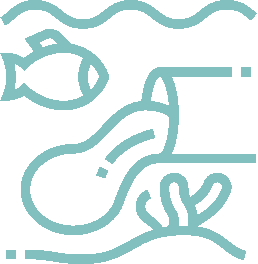

 World Ocean Summit & Expo
2025
World Ocean Summit & Expo
2025 UNOC
UNOC Sewage and wastewater pollution 101
Sewage and wastewater pollution 101 Slowing
the chemical tide: safeguarding human and ocean health amid
chemical pollution
Slowing
the chemical tide: safeguarding human and ocean health amid
chemical pollution Hazardous chemicals in plastics - the discussions at INC
Hazardous chemicals in plastics - the discussions at INC








